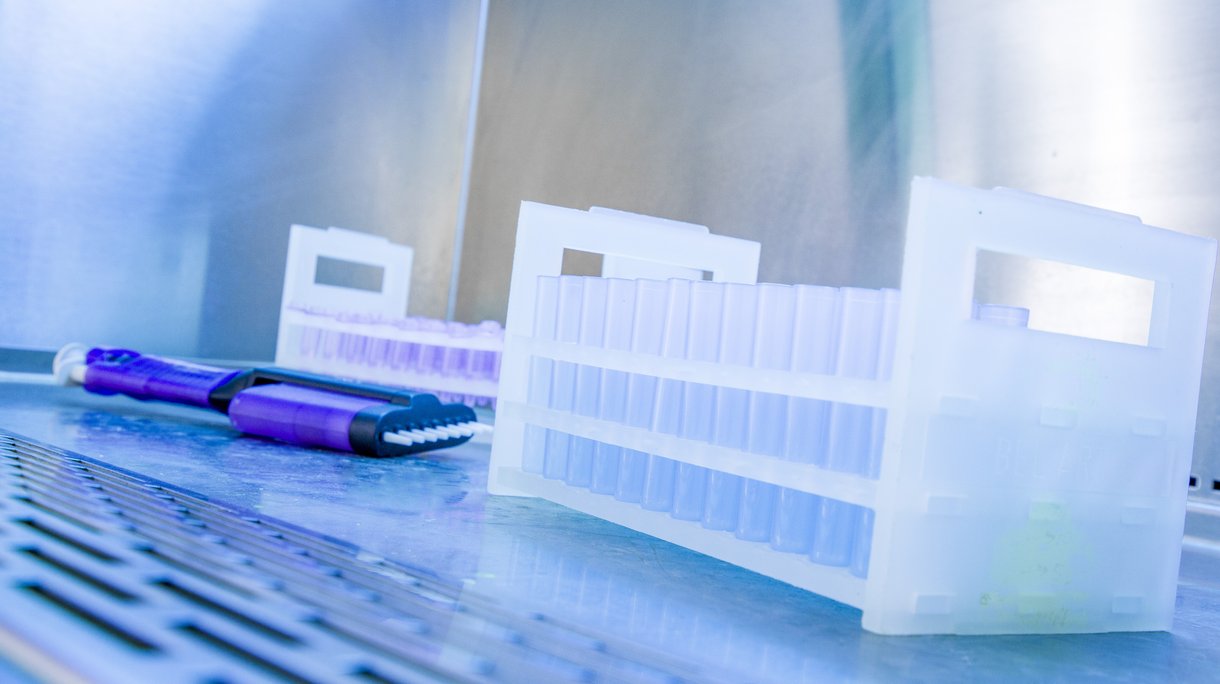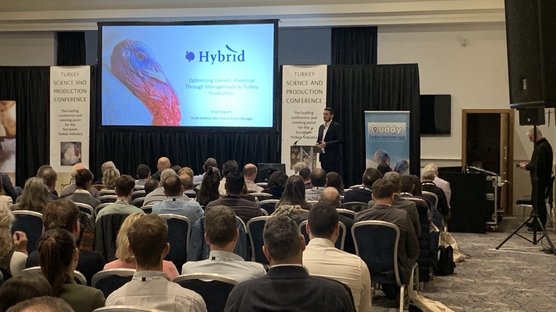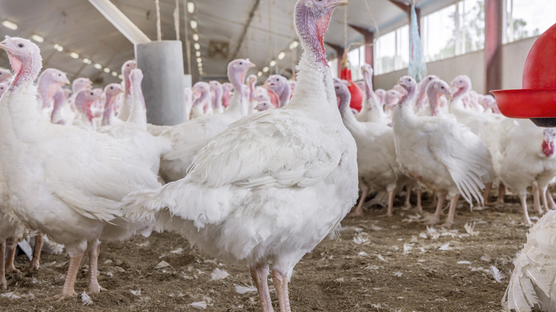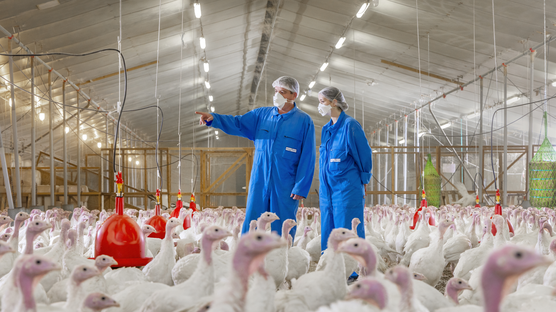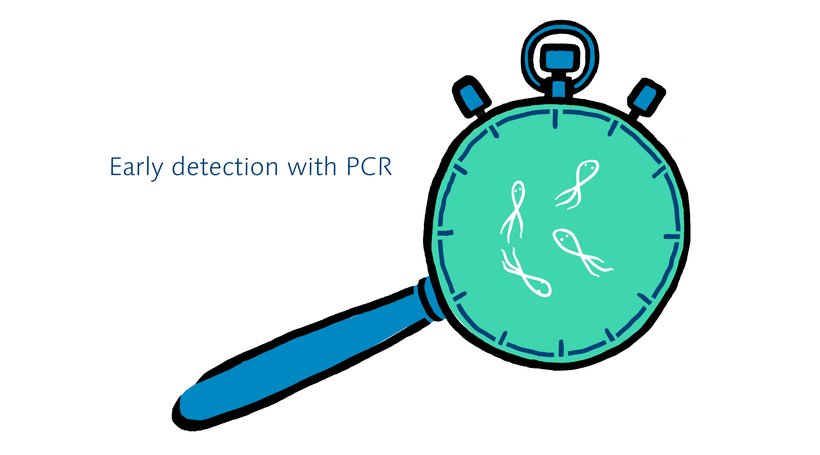
Published on Jan. 10, 2018
Infection control at the molecular level
Incorporating forensic technology to catch AI early
Disease has always been a constant threat to animal agriculture since the dawn of domestication. Despite great advances in genetics, medicine and biosecurity practices, the threat is still very much real for animals and us, humans.
Whenever a threat emerges such as avian influenza (AI) or Salmonella, the economic and emotional impact can be enormous. The best strategy to deal with these threats is to be constantly vigilant. Prevention, early detection and biosecurity are the best means to ensure a healthy productive environment. This means we always have to be thinking one step ahead. Because of this, we have invested in state of the art technology and are using a technic called PCR in house.
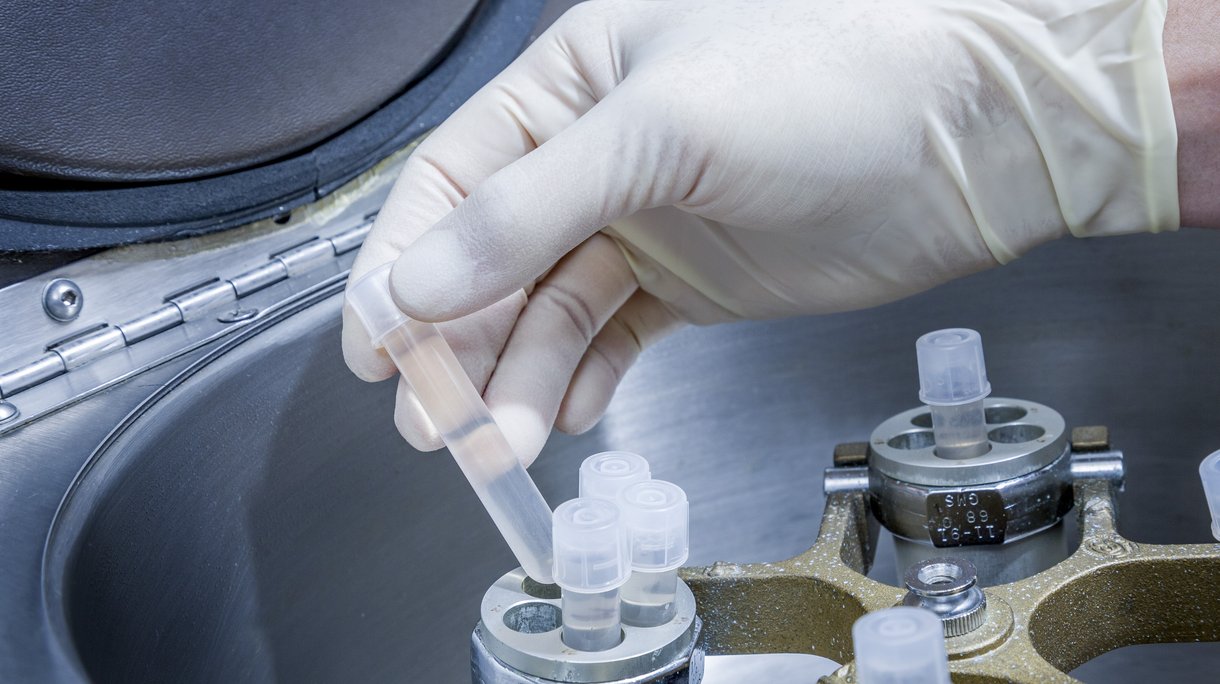
What does this mean?
We can think of a virus like AI or a bacteria like Salmonella as a needle buried in a haystack at the start, before a flock is symptomatic. PCR allows us to test small samples and in a short amount of time, we can figure out if a pathogen is present or not. This powerful technology is already in use in forensic investigations and even cancer screenings. Through early detection, we can stop deadly pathogens before they have a chance to cause real harm.
Our high standards are being recognized not just by our customers and the industry at large, but governments as well. We have the distinction of being certified by the French government for Salmonella testing by culture. We now have the rare distinction of being certified for avian influenza testing by PCR. This is significant as not only are our equipment and policies recognized, but also our integrity to self report. PCR is another example where we are searching for solutions that bring better breeding today, for a brighter life tomorrow.
More on PCR
PCR stands for polymerase chain reaction. We can think of it as a mechanism to multiply DNA. This is valuable as it allows for a very small sample to turn into multiple copies that can be detected. PCR needs specific primers that indicate what needs to be multiplied. So for example, if the input is specific primers for a virus, that sample will begin to make copies only if the virus is present. This technique is incredibly powerful, and can be used in forensics, cancer detection and for viral and bacterial screening.
For the purposes of AI, PCR can detect one viral genome among over 50 000 host cells. This high sensitivity permits detection soon after infection. We are also using PCR technology for Mycoplasma, Salmonella, metapneumovirus, coronavirus and adenovirus.
This incredibly powerful technology is an innovative solution that allows us to support the protein value chain. Further applications for this are being explored and like with genetics, the possibilities are endless.
